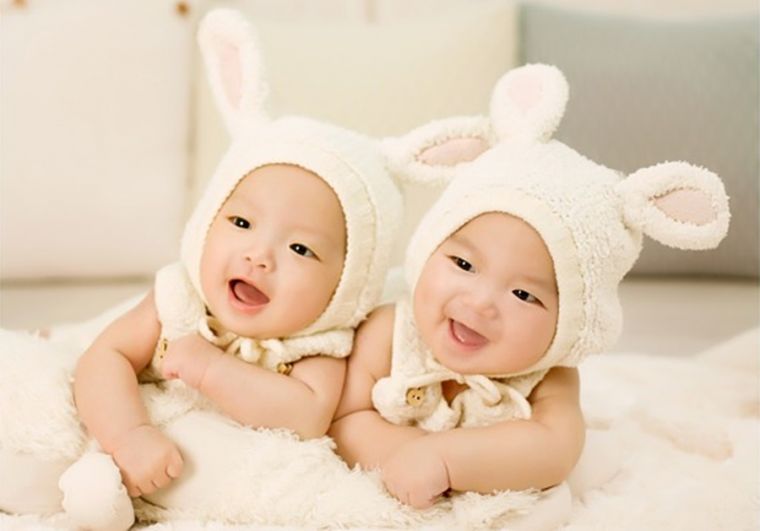'Selective Reduction': Norway Allows Women to Legally Abort One of Their Twins Even If Baby Is Healthy

Norway has opened its doors to both local and foreign women who are pregnant with twin babies and who want to undergo "selective reduction" abortion, a process where one of the twins is legally killed even if the baby is perfectly healthy.
Claiming that women have the right to decide which of their twin babies will live or die, the Norwegian health ministry issued a new ruling last week offering the services of the country's doctors to perform abortion on both local and foreign pregnant women who want to reduce the number of children in their wombs.
This new ruling is in response to several calls received by the Norwegian health ministry from pregnant women from other European countries, particularly Sweden and Denmark, where selective reduction abortion is still banned.
"All women, regardless of whether they are Norwegian or foreign women residing in Norway have the same right to abortion and fetal reduction," Torunn Janbu from Norway's Directorate of Health told NRK, a Norwegian news outlet, as quoted by Life Site News.
However, some members of the medical community in Norway remain unconvinced that the country should open its doors to women with multiple pregnancies to allow them to kill their own children in their womb.
Dr. Birgitte Heiberg Kahrs, a specialist in foetal medicine at St. Olav's Hospital in Oslo, for instance, believes that selective reduction abortion has no "medical benefit" at all. In fact, she maintained that this kind of procedure has medical risks.
"On the contrary, it exposes the second child in the womb to danger as the abortion risk increases," Kahrs told Life Site News.
Norway also may soon become a go-to place for foreign women who intend to undergo abortion procedures because they cannot do so in their home countries, according to the pro-life online news source.
This ruling on selective reduction abortion came at a time when multiple pregnancies are no longer uncommon among women due to the invasive in-vitro fertilisation procedures, which also have ethical issues.











